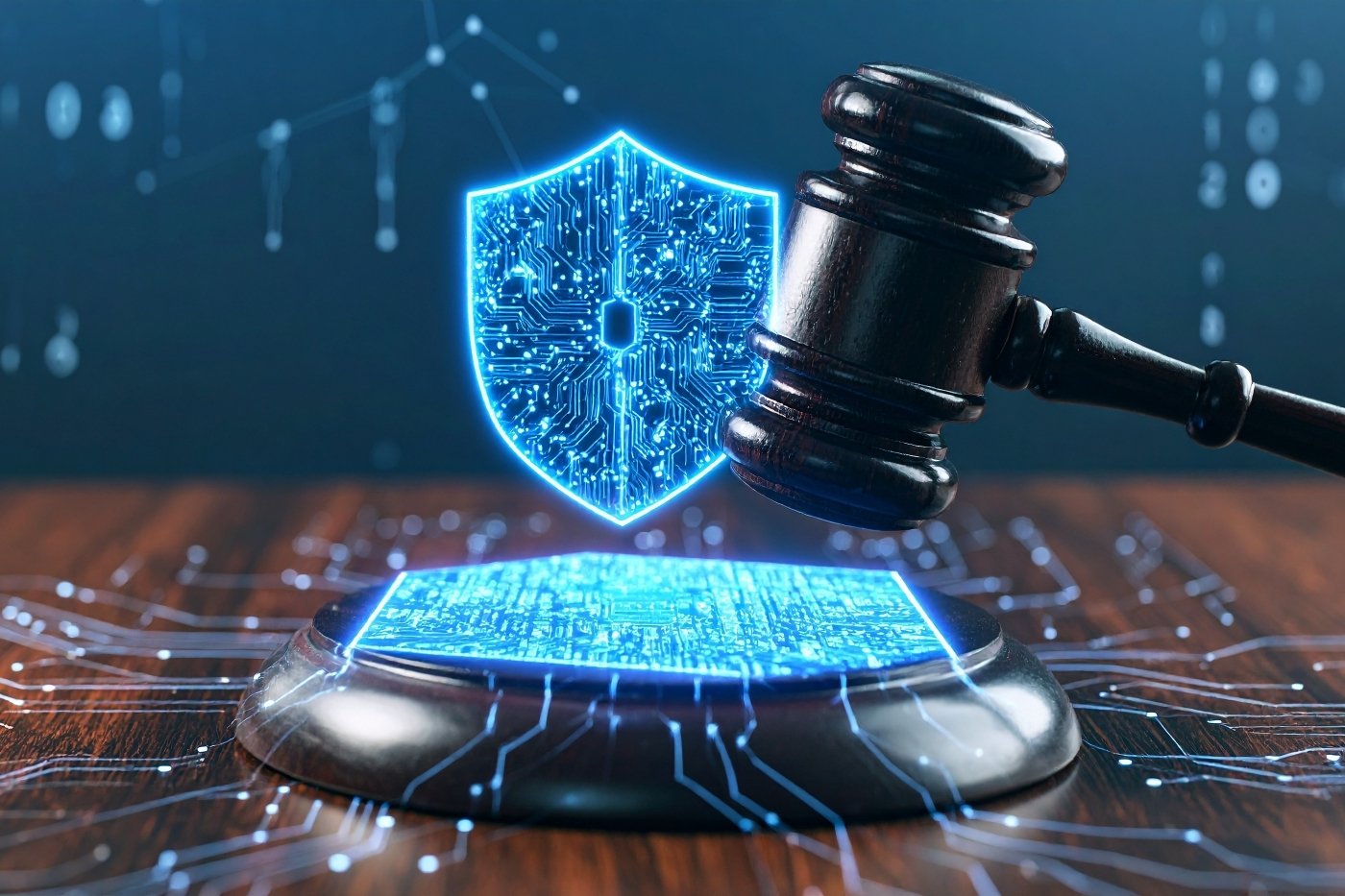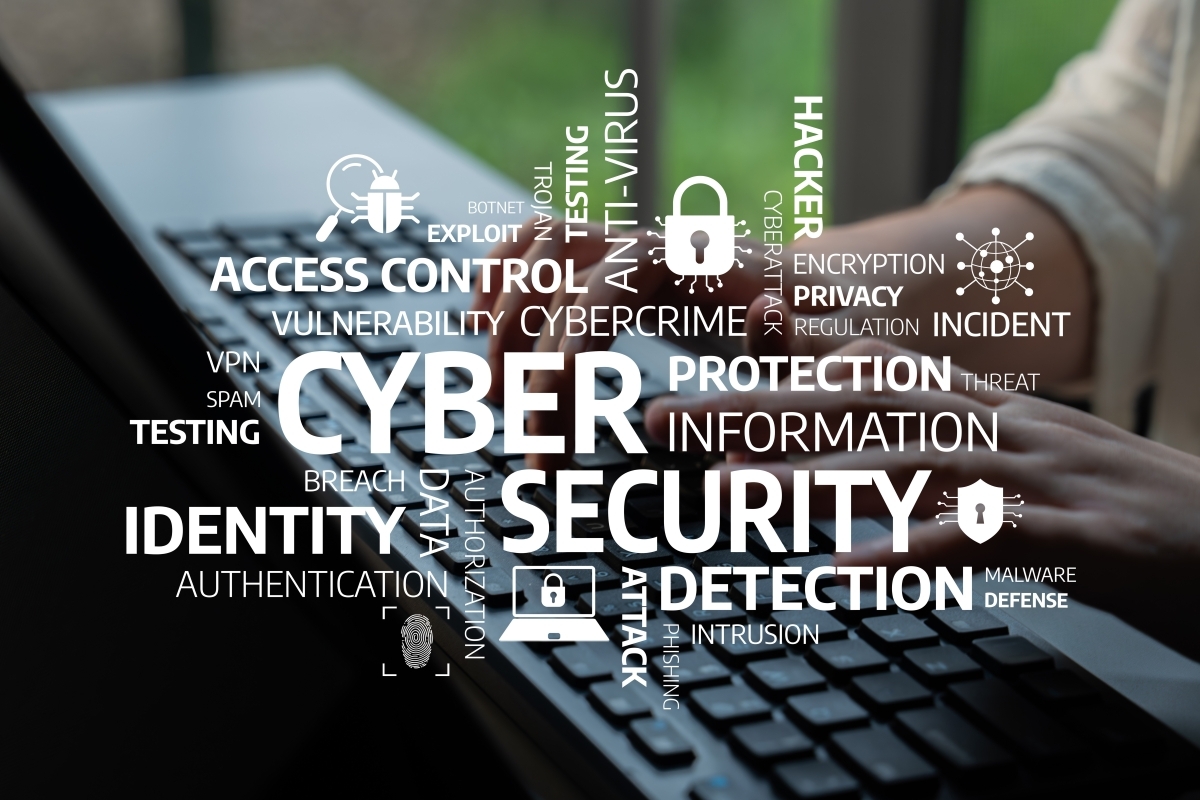When intellectual property (IP) litigation collides with the world of eDiscovery, it introduces a layer of complexity that traditional document review workflows aren't always prepared to handle. From dense patent filings to proprietary source code and deeply technical product specs, legal teams navigating IP disputes must adapt their review strategies to keep pace with the specialized nature of the data.
The Unique Landscape of IP-Related Discovery
In a standard commercial litigation matter, eDiscovery typically centers around file types, communications, contracts, and financial records. But in IP disputes, the spotlight shifts to:
- Patent applications and prosecution histories
- Source code repositories and development logs
- Technical specifications and engineering change orders
- Trade secret documentation and internal R&D materials
This specialized content often requires both technical and native language fluency and legal insight, making traditional linear review insufficient to identify or capture the correct documents.
Reviewing Source Code: Not Your Average Document Set
Source code is notoriously challenging in litigation for several reasons:
- Volume and complexity – Repositories can contain thousands of files, each with unique naming conventions, structures, and dependencies.
- Format limitations – Code is not a text document. It requires tools for proper syntax highlighting, version control interpretation, and diff comparisons.
- Security and confidentiality – Few data types are as sensitive as proprietary code. Chain of custody and access control must be airtight.
Best Practice: Use secure, read-only environments (sandboxed VMs) with limited access to source code reviewers who have both legal training and a strong technical education and background, (e.g., ME, EE, BME, IT engineers, former developers, or patent agents).
Patent Documents: Parsing Legalese Meets Technical Specs
Patent-related documents come with their own nuances:
- Claim charts – Essential for mapping asserted claims to accused products or prior art.
- Prosecution histories – Review teams must identify relevant amendments, examiner rejections, and statements made during examination.
- Foreign filings – Multilingual patent filings may be in scope and require careful translation and jurisdictional knowledge.
Best Practice: Implement metadata tagging early and build smart search term strategies aligned to patent claims, product names, and inventors. Utilize tested bilingual U.S. licensed attorneys to conduct any first level review.
Technical Specifications and Trade Secrets: Where Context is King
R&D roadmaps, product design specs, and internal testing results often contain the most valuable (and sensitive) evidence. But these documents:
- Are often stored in engineering file formats like CAD, PDF portfolios, or project management tools
- May lack context without accompanying communication trails
- Require precise redaction protocols to avoid accidental disclosure of trade secrets
Best Practice: Pair subject-matter experts (SMEs) with reviewers during QC phases to flag documents needing context from other departments or deposition prep.
How eDiscovery Teams Can Prepare for IP Litigation
To handle these challenges, legal and litigation support teams should:
- Assemble a hybrid review team – Blend attorneys with technical reviewers or patent agents.
- Deploy specialized tools – Use review platforms that support source code and technical formats natively (e.g., RelativityOne).
- Create tailored protocols – Move beyond generic coding templates. Build workflows specific to source code review, trade secret tracking, and privilege logging. Provide daily project progress tracking metrics.
- Protect the data – Lock down your environment with multifactor encryption, strict access control, and activity auditing, especially during remote review.
Why It Matters
The stakes in IP litigation are high; often involving product bans, multi-million-dollar damages, or even company survival. A single overlooked version of a code file or a misinterpreted technical spec can make or break a case.
At Avalon, we’ve supported litigation teams in patent infringement, trade secret theft, and technology licensing disputes with the tools, protocols, and trained experts to handle high-complexity document review. As a RelativityOne Silver Partner, we offer secure cloud-based environments that support custom workflows for even the most technical data types.
IP litigation isn’t just about protecting ideas, it’s about mastering the data that proves where those ideas came from, how they evolved, and who truly owns them. eDiscovery teams that can meet those challenges with precision, context, and compliance will give their legal teams a significant edge in court.



